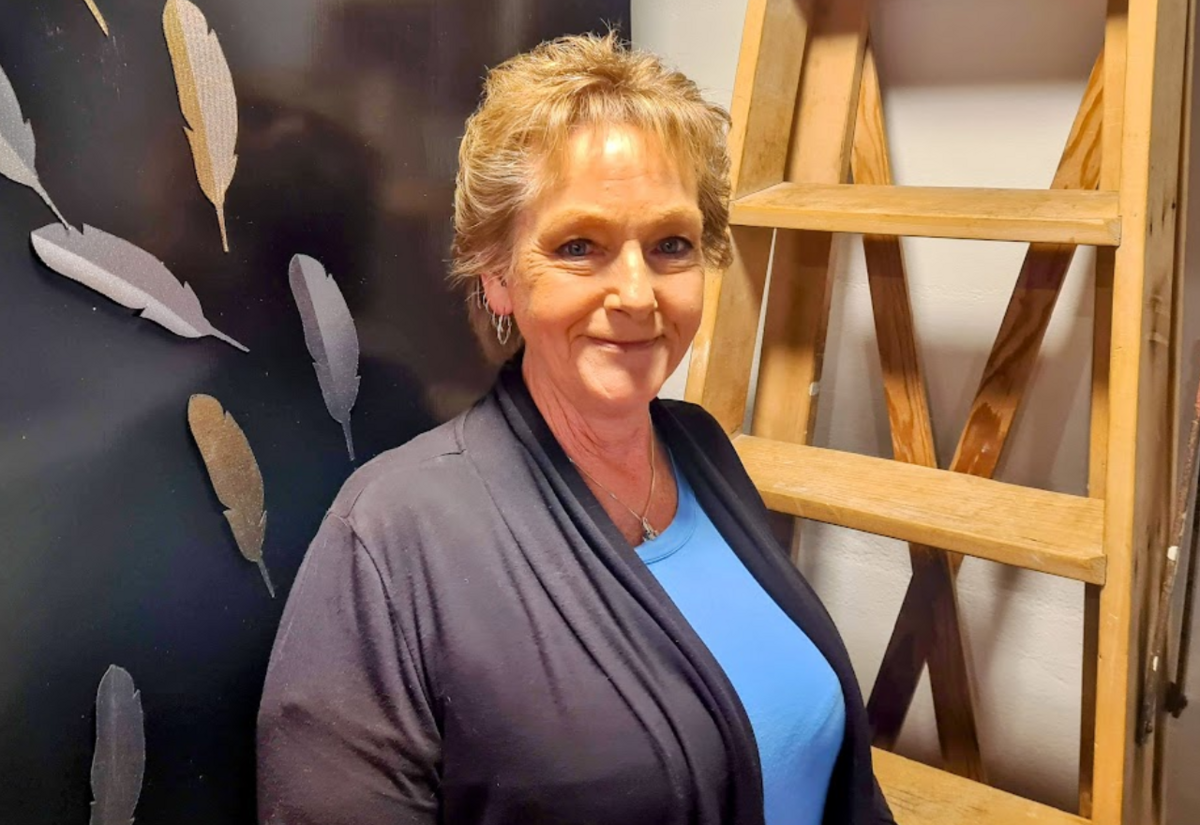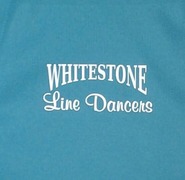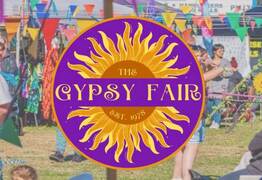Generations united: bridging literacy and digital gaps in Ōamaru
Cara Tipping Smith
16 March 2025, 8:23 PM
 Climbing the ladder of success with adult tutor Ruth Blair, from Literacy Aotearoa Ōamaru. Photo: Cara Tipping Smith
Climbing the ladder of success with adult tutor Ruth Blair, from Literacy Aotearoa Ōamaru. Photo: Cara Tipping SmithIn an age of rapid technological change, Literacy Aotearoa continues to be a lifeline for Ōamaru residents of all ages, extending far beyond the traditional "three Rs" of reading, writing and arithmetic.
From helping a 98-year-old navigate her mobile phone to assisting young apprentices with dyslexia, there is far more on offer than many would expect.
Core literacy and numeracy skills remain fundamental to their work, Ōamaru adult tutor Ruth Blair says.
"We help people improve their reading, writing, spelling, communication, and math skills."
Literacy Aotearoa offers a diverse range of programmes, including group classes that cover unit standards (levels one and two) in literacy, numeracy and computer skills along with budgeting, becoming work-ready and learner licence education.
They also provide one-on-one, workplace-based support, she says.
"I'm actually supporting some people with Microsoft Excel at the freezing works, and one guy, he's dyslexic, so I'm helping him work out how to use his email."
She also assists young apprentices in fields like cheffing and automotive mechanics, ensuring they have the necessary skills to succeed.
"I know what it’s like not to understand the schoolwork because the teachers have got a criteria they have to follow”.
“The ones that are dyslexic or ADHD, anything like that, they can get left behind, so with these guys, I work at their pace," Ruth says.
Beyond traditional literacy, the organisation addresses the growing need for digital skills.
"We help older people with cell phones and tablets, use their camera, how to do online banking, spot a scam, and figure out their voicemail. That’s a big one," Ruth says.
Teaching English as a second language is another crucial aspect where classes are flexible and designed to accommodate the diversity of participants’ ages, genders and cultures.
Literacy Aotearoa can work with anyone from the age of 16, or younger with a special exemption.
Government funding enables the orgnaisation to provide these services at no cost to eligible residents, with criteria including citizenship or residency.
Individuals with a Level 5 certificate who lack computer skills may also qualify, “ because they might have a level five certificate but not know how to use a computer”, Ruth says.
The organisation emphasises a non-judgmental approach, adapting its methods to accommodate different learning styles and abilities.
For Ruth, “it’s a pretty special thing to feel like you’re making a bit of a difference in someone else, seeing that lightbulb moment”.
“And even if they’ve got a wall up when they come in, seeing that wall drop is good.”
- Literacy Aotearoa New Zealand offers free classes to adults through supportive tutors, small groups, and a positive learning environment.
- If you or someone you know could benefit from Literacy Aotearoa's services, contact Ruth Blair at 022 525 0566 or email [email protected].
NEWS
TEAM MEET-UPS | LOCAL CLUBS & GROUPS CALENDAR







